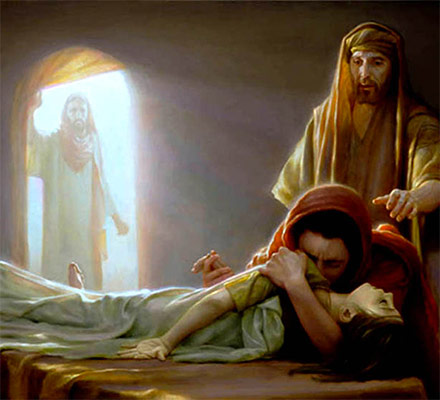Today’s First Reading invites us to hasten the end of the world as we know it. Why would we want the world to end? It’s not a matter of if; it’s a matter of when. As believers the Lord has promised us, as St. Peter reminds us, “new heavens and a new earth in which righteousness dwells.” If we do want this new world to come St. Peter today also answers the question of, “why wait?”
In the face of so much struggle and evil in the world, why not just end it all? Because of the people who’d be left out. The Lord’s waiting for us, and for others, to welcome the Gospel. The patience of Our Lord is always for the purpose of salvation.
We “hasten” that day by sharing the Gospel and working for the conversion of sinners. Let’s help spread the Gospel so that the Lord’s righteousness reigns.
Readings: 2 Peter 3:12–15a, 17–18; Psalm 90:2–4, 10, 14, 16; Mark 12:13–17. See also 29th Sunday in Ordinary Time, Cycle A and 9th Week in Ordinary Time, Tuesday.

